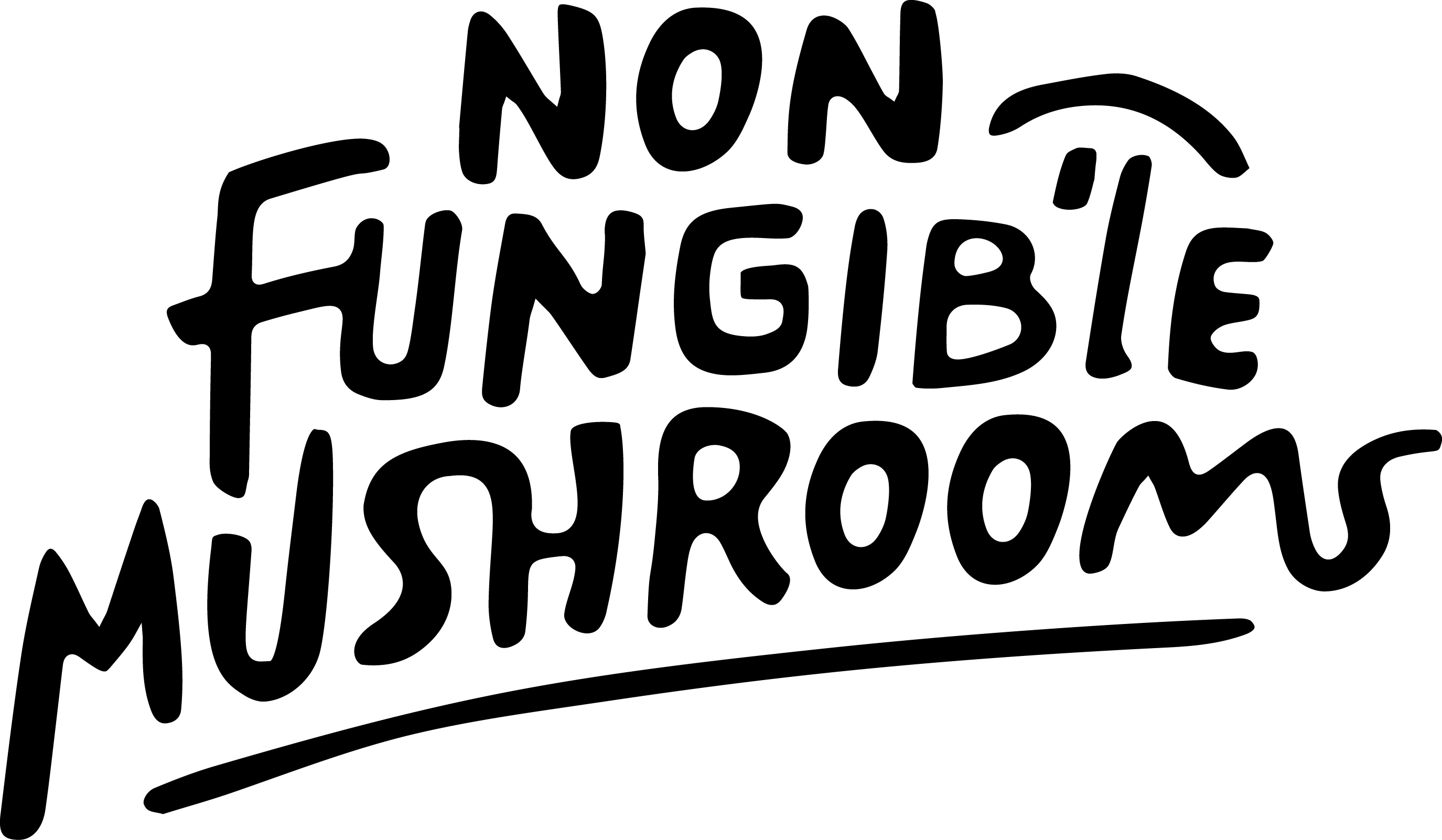

In previous blogs, we’ve talked about the many health benefits of mushrooms and noted how they are often classed as superfoods. But while most edible mushrooms are good for you, there are thousands of species out there and they all have varying levels of nutrients and beneficial compounds.
So, what are the healthiest mushrooms? If you can only choose one or a few mushrooms to eat, which ones should you focus on?
Let’s find out!
Lion’s mane mushrooms are some of the healthiest mushrooms you can eat. They have a strong macron and micronutrient profile, which means they are high in protein, fiber, vitamins, and minerals.
But they go much further than that.
Studies have shown that lion’s mane can help to support overall health and well-being, with links to specific benefits relating to heart disease, digestive health, and the symptoms of diabetes.
Some of the most existing research concerning lion’s mane relates to their potential brain health benefits, with some early reports noting that they could be used as a complementary supplement in the treatment of depression, anxiety, and memory problems.
These benefits are largely the result of the natural antioxidant compounds found within lion’s mane mushrooms, the most notable of which are hericenones and erinacines.
Cordyceps are all the rage these days. Not only are they the talk of the mushroom world, but you will also find them on most lists of “the healthiest superfoods” and “the best supplements”. These parasitic mushrooms are sold in extract form and often added to supplements.
There are many potential benefits to Cordyceps, including ones similar to other mushrooms mentioned on this list. What sets these mushrooms apart is their apparent ability to improve energy levels, alleviate fatigue, and even help with performance levels. They have also been linked to anti-aging, anti-inflammatory, anti-tumor, and anti-diabetic effects, although studies are still ongoing to help us truly understand the benefits of these fungi.
Reishi mushrooms thrive in hot and humid conditions and can be found in the hottest and most humid parts of Asia. There are also species growing in the United States. These mushrooms have been linked to many benefits and could help with heart health and blood sugar levels.
For that reason, reishi mushrooms are often added to mushroom supplements, extracts, and drinks. If you’re buying your reishi mushrooms in an extract form, make sure you check the dose and take the right amount.
As with all mushrooms in this guide, reishi mushrooms are safe and well-tolerated even in higher doses. But they can also be expensive, and if you’re taking much more than you need, it means you’re spending more than you should.
Oyster mushrooms are a fantastic meat substitute, but there’s so much more to them than taste. Oyster mushrooms are a fantastic source of protein, vitamins, minerals, and fiber. They also contain numerous antioxidants, including selenium.
Antioxidants help to combat cancer-causing free radicals. The more of these compounds you eat, the stronger your body’s natural defenses will be. As with other mushrooms, these benefits come with little cost, as oyster mushrooms are low in sodium, fat-free, cholesterol-free, and low calorie.
They’re also gluten-free, vegan-friendly, and recommended for individuals with diabetes and heart disease.
Shiitake mushrooms have a unique umami flavor and a meaty taste, making them the go-to mushroom for many vegans and vegetarians. They are also high in protein and fiber, and that’s where the health benefits of these mushrooms start.
Four dried shiitake mushrooms contain 2 grams of fiber and 1 gram of protein. Over the context of an entire day, that might not seem like much, but those four mushrooms have just 44 calories.
If you consume over 200 calories in shiitake mushrooms, you’ll get around 10% of your protein DV and over a third of your fiber.
Those 200 shiitake calories will also give you over 100% of vitamin B5 and copper, along with between 20% and 50% of riboflavin, niacin, selenium, manganese, zinc, vitamin B6, folate, and vitamin D.
That’s a lot of nutrients packed into these tasty mushrooms, and that’s not all.
Shiitake mushrooms have a complete amino acid profile, which is especially important for vegans and vegetarians who may not be getting the amino acids they need. They also contain sterols, beta-glucans, and eritadenine, all of which can contribute to a number of health benefits, such as supporting digestive and heart health.
When you think about healthy mushrooms, you probably veer toward the exotic, the ones that are only available in dried, powdered, or extracted form. But the everyday fungi found in your local grocery store can be just as beneficial.
Don’t dismiss those white button or portobello mushrooms. They’re common, they’re cheap, they taste great, and they are packed with nutrients.
These mushrooms are a fantastic source of vitamin D and dietary fiber. They are also packed with B vitamins and minerals like copper. If you can find and afford the more exotic mushrooms mentioned above, go for it. If not, don’t dismiss those cheap button mushrooms, even if you can only find them in canned or frozen form.
Enoki mushrooms were one of the first mushrooms to be studied in cancer prevention trials and they continue to be studied for their potential health benefits. These small and long mushrooms are packed with a variety of vitamins and minerals, including iron, potassium, B vitamins, and vitamin A.
Enoki mushrooms are also a good source of dietary fiber and antioxidants and unlike some of the exotic mushrooms on this list, it’s fairly easy to find fresh varieties.
A key feature in many Asian dishes, you can add enoki mushrooms to pasta, stews, and soups. They can be boiled, pan-fried, or even eaten raw. We have included them on this list because of their nutrient content, but their versatility is just as important. After all, the easier it is to add something to your diet, the more likely you are to do so, and the more benefits you will receive.
The above list includes some of the most beneficial mushrooms in the world, but there are many more varieties out there. Remember, most edible mushrooms are packed with nutrients and fiber. If you like the taste and want to reap the benefits, consider adding more of these versatile fungi to your diet.